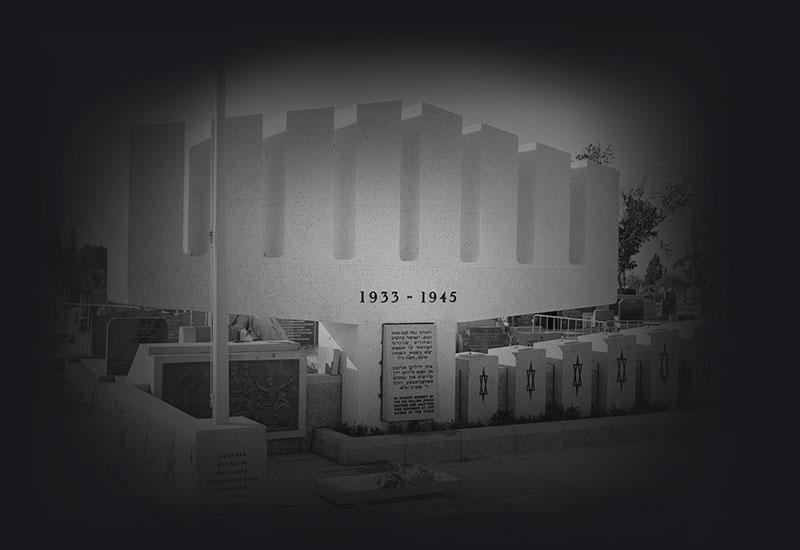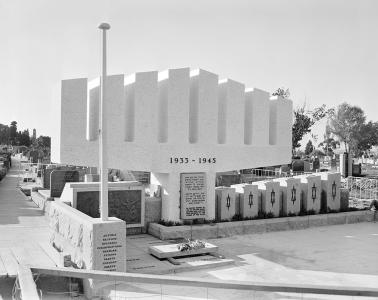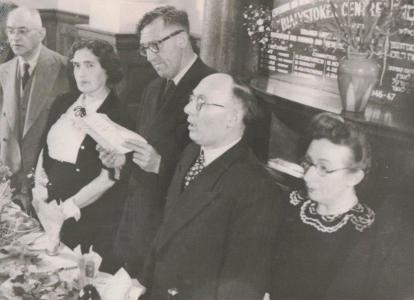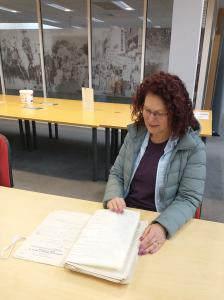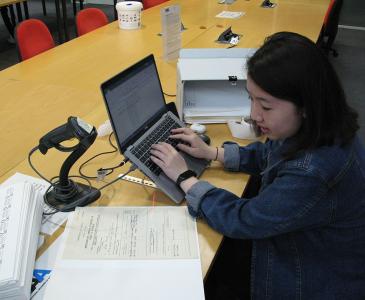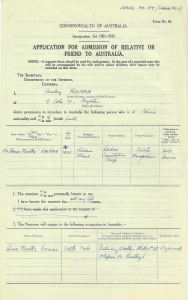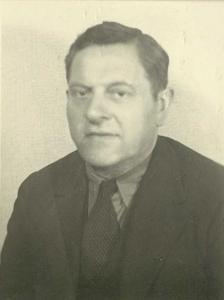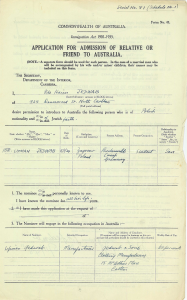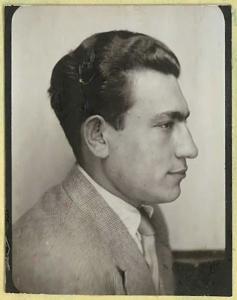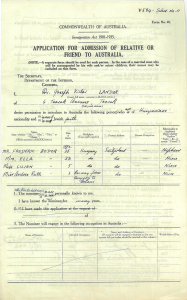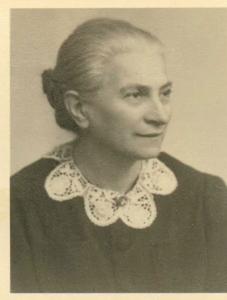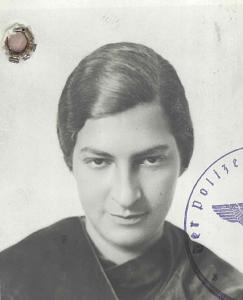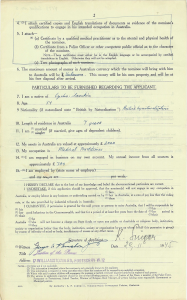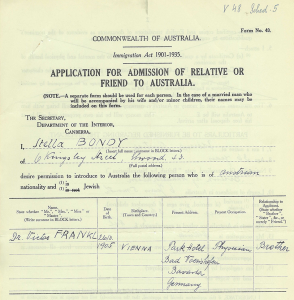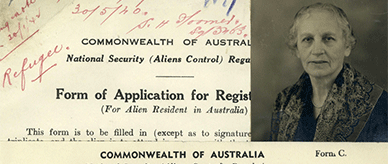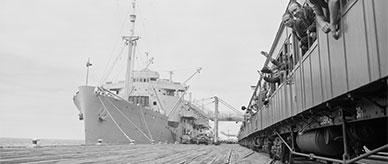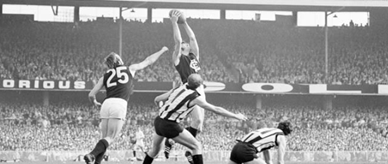Volunteers are making records relating to Holocaust survivors who migrated to Australia more accessible.
The records
The National Archives' Victoria office holds a series of records relating to sponsorship of Holocaust survivors to Australia. The series is B4064 – Applications for admission of relative or friend to Australia form 40, single number series (1945–1946).
In August 1945, Immigration Minister Arthur Calwell approved a scheme for Holocaust survivors to be sponsored to Australia. The nominees had to be former concentration camp inmates, forced labourers, deportees or those who were in hiding during the war. The sponsors had to be close relatives already resident in Australia. The scheme was later extended to Jewish refugees who had been trapped in Shanghai during the War.
Under the scheme, sponsors sent application forms to the Executive Council of Australian Jewry. These provided details of both sponsors and nominees. 'Schedules' (bundles) of application forms were then sent to the Minister for Immigration for approval.
The application forms in B4064 relate predominately to Holocaust survivors nominated by members of Melbourne's Jewish community. Each form contains a range of information about both the Holocaust survivor and their sponsor.
Students from Monash University have been helping the National Archives make these historically significant records more accessible. So far, over 1,000 individual application forms from B4064 have been repackaged and listed on RecordSearch.

